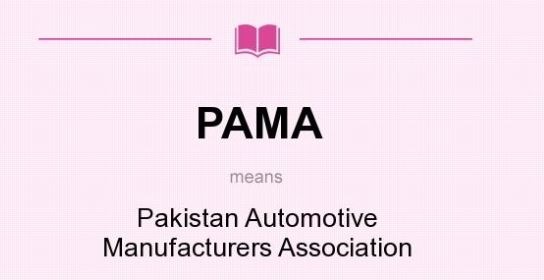The Pakistan automotive industry is in a dire state with no end to tales of woe and misery. It has been grappling with a series of challenges, including prolonged shutdowns and multiple price hikes. However, the most significant blow might be the ongoing import restrictions enforced by the State Bank of Pakistan (SBP), which has led to the Pakistan Association of Automotive Parts and Accessories Manufacturers (PAAPAM) warning of a looming permanent shutdown.
PAAPAM has written a letter to the Federal Finance Minister, Ishaq Dar, appealing for the lifting of the embargo on the import of car assembly kits and auto parts from the list of “non-essential items.” The association highlights that car assemblers save around $1.5 billion in foreign exchange annually through import substitution and contribute over 5% to the country’s tax revenues.
In his letter to the finance minister, PAAPAM Chairman Munir Bana stresses that the auto industry provides employment to over 3 million Pakistani workers, including engineers, management professionals, and technicians. However, the ongoing crisis might lead to the collapse of all industries, leaving millions of workers jobless.
Bana urges the government and SBP to support the auto industry by easing restrictions on imports of completely knocked down (CKD) kits by assemblers and raw materials by parts makers. Such measures would improve volumes to a certain extent and help the industry sustain its operations at the breakeven level.
In addition to the import restrictions, the industry is facing inflation, back-to-back price hikes, and rupee depreciation. PAAPAM emphasizes the importance of opening all LCs to address these reservations, warning that the industry is on the verge of permanent closure.
The importance of the auto parts industry cannot be overstated, as it saves $1.5 billion annually and contributes over 5% of the country’s tax revenues. PAAPAM has issued a distress call to the finance minister, warning that without immediate action, a massive tragedy would unfold. The industry could shut down permanently, leading to the loss of millions of jobs, the rollback of localization, and the repatriation of foreign investments by all automotive assemblers.

